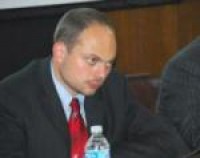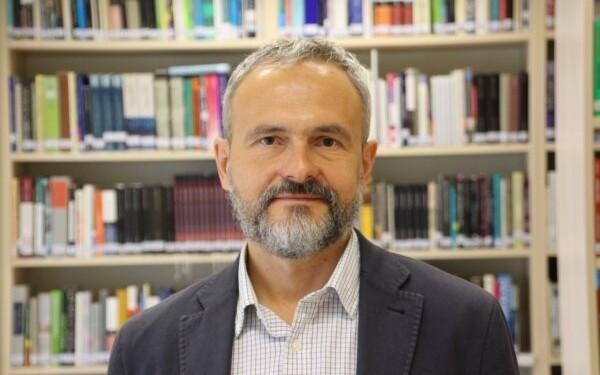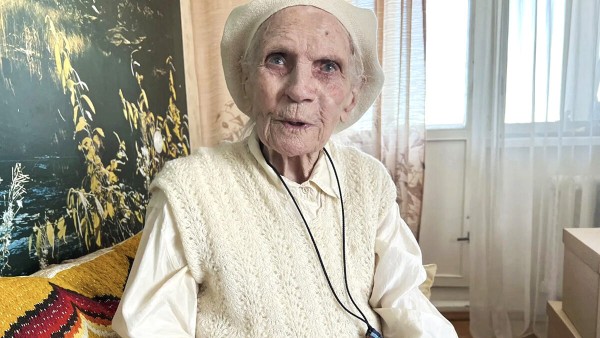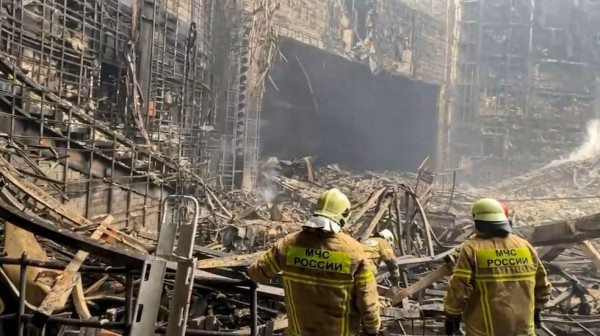https://www.washingtonpost.com...
Opinion by
Vladimir Kara-Murza
Global Opinions contributor
This week, the Russian parliament’s legislative committee rubber-stamped a bill granting former presidents lifelong immunity from prosecution. According to the proposal by members of Vladimir Putin’s United Russia party, a former president cannot be indicted on criminal or administrative charges, detained, arrested or searched — and the same status would apply to his residence, communications and documents. This all-encompassing immunity can only be overturned by agreement of the supreme and constitutional courts as well as two-thirds of the vote in both houses of parliament. In other words, it would be practically impossible.
The move follows another legislative initiative that would make any former president a senator-for-life, a practice associated with the late Chilean dictator Augusto Pinochet. Both bills enact constitutional changes adopted last summer in a sham plebiscite called by Putin, and both will become law in the near future.
The initiatives have spurred speculation in Western media about the reasons (and the haste) for such precautions — especially since they coincided with reports in British and U.S. tabloids about alleged health problems that will supposedly cause Putin’s resignation in the new year. As it happens, these “revelations” are not to be taken seriously, based as they are on conjectures by Valery Solovey, a Russian political commentator who once boasted of belonging to “a powerful secret organization” and whose previous prognoses have turned out to be false. (Among other things, he asserted in 2015 that there would be no new Western sanctions over the war in Ukraine, and in 2016 — just like now — he predicted Putin’s impending departure from the Kremlin.)
The reason for the legislative moves, though, is clear even without bogus health rumors. One of the immunity bill’s co-authors, Andrei Klishas, said that it aimed to prevent “unfounded prosecution of a former head of state.” The word “unfounded” notwithstanding — other deposed dictators, from Slobodan Milosevic to Alberto Fujimori, also thought their prosecutions to be without merit — such candor from a senior Russian official is astounding. Klishas, a member of the Russian parliament’s upper house, confirms what analysts have long known to be Putin’s biggest fear: that he could be held to account once he loses the protection of his Kremlin office.
“Putin is afraid of the very topic of a change in government, a topic that is increasingly finding its way into even the most loyal circles,” said Lev Shlosberg, an opposition leader and regional lawmaker, during a recent TV interview. “Putin’s fears show his uncertainty about the future. They reflect his realization that the regime can change — and that this will raise the question of his accountability.”
The fear is understandable. Over his two decades in power, Putin has done many things for which he could be held liable both under domestic and international law — from rigging elections, jailing opponents, silencing media outlets, and other abuses of power to atrocities committed during conflicts in Chechnya, Georgia, Ukraine and Syria.
And then there is the matter of Putin’s possible personal involvement in crimes, including the 2015 assassination of his leading opponent, former deputy prime minister Boris Nemtsov. A recent report from the Organization for Security and Cooperation in Europe includes witness testimony — unsurprisingly ignored by Russian investigators — alleging where and how Putin gave the order for the killing.
Russian legal scholars and human rights advocates detail these and other potential offenses in a new white paper that lays the groundwork for transitional justice in post-Putin Russia. Drawing on examples from other countries that have confronted the legacy of abusive authoritarian regimes — from Chile and El Salvador, to South Africa and the former Yugoslavia — the authors make the case for a judicial process that would provide accountability for state-sponsored crimes. It would be designed to prevent both extralegal retribution of the kind that befell Romania’s Nicolae Ceausescu and Libya’s Moammar Gaddafi, as well as the wholesale impunity enjoyed by former Communist Party and KGB operatives in Russia after the collapse of the Soviet regime.
“Transitional justice should be planned in advance for the prospect of Russia’s return to a path of democracy,” the authors conclude. “As other countries’ experience demonstrates, the window [of opportunity] usually opens unexpectedly and, when it happens, one must act fast. After everything our country has been through, it would be highly frustrating if society were to come to that moment unprepared.”
Putin, it would seem, is already preparing. However detached from reality one must be after more than 20 years in power, the warning signs for the regime are hard to miss — from the street protests in Moscow and Khabarovsk, to humiliating defeats for the ruling party in local elections, to Putin’s plummeting numbers in opinion polls, to a marked rise in the popularity of opposition leader Alexei Navalny. Russia’s next presidential election is set for 2024, and given that it is likely to be manipulated in just the same ways as previous ones, the prospect of mass nationwide demonstrations of the kind that toppled authoritarian rulers in other post-Soviet countries looms ever larger. The latest legislative measures are an attempt to provide an insurance policy.
The problem for Putin is that deposed dictators are rarely treated under the rules they had written. Just ask General Pinochet.
Putin’s biggest fear is to be held accountable for his regime’s crimes (1)
Eestlased Venemaal | 13 Nov 2020 | EWR
Viimased kommentaarid
Kommentaarid on kirjutatud EWR lugejate poolt. Nende sisu ei pruugi ühtida EWR toimetuse seisukohtadega.
Eestlased Venemaal
TRENDING

























